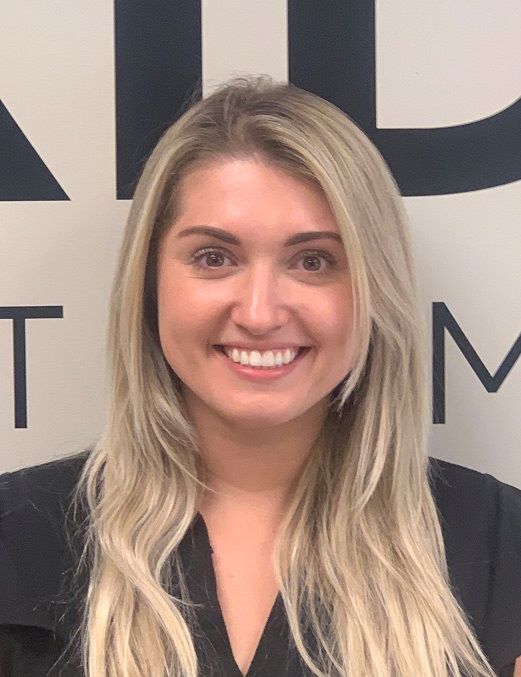Loading...

Autism Spectrum Disorder (ASD), refers to a neurological and developmental disability characterized by challenges with social skills, interpersonal relationships, repetitive behaviors, and communication. According to the Centers for Disease Control, autism affects an estimated 1 in 44 children in the United States as of a 2018 study. That statistic may be even higher today. Autism is considered a "spectrum" disorder because there is a wide variation in type and severity of symptoms that each individual experiences. Although autism is a lifelong disorder, treatment can improve the severity of a person’s symptoms as well as their independence and overall quality of life.
Common symptoms of autism include communication delays, limited eye contact, restricted interests, repetitive behaviors such as rocking, hand flapping, or spinning, intense reactions to sounds, smells, tastes, textures, or lights, difficulty adjusting behavior to social situations, and difficulty engaging in imaginative play or making and maintaining friendships.
If you suspect that your child has autism, write down your concerns, including examples of possible symptoms that you or other family members have noticed, as well as any concerns that may have been brought to your attention by an early childhood education service.
Check your insurance plan to determine coverage for a medical or clinical evaluation for developmental disabilities or autism.
Make an appointment with your child's pediatrician and ask your doctor to:
a) Evaluate your child for autism, or
b) Make a referral for a pediatric professional who can
After the evaluation occurs, if the professional does not express any concerns, but you are still worried, it is okay to seek a second, or even third opinion from another medical professional.
If your child is approaching age 3, he or she may qualify for Early Childhood Special Education (ECSE) services through your local school district, with or without a medical diagnosis. Contact your local school district to begin the early intervention process.
The earlier a child can be diagnosed, the more effective treatment can be at improving future quality of life, academics, and relationships.

Erika is the Clinical Director at Bridges Spectrum Therapy, a Board Certified Behavior Analyst and Licensed Behavior Analyst in the State of Michigan. She has been working with children and adolescents with autism since 2015 and is an adjunct instructor at Arizona State University in the field of Applied Behavior Analysis.